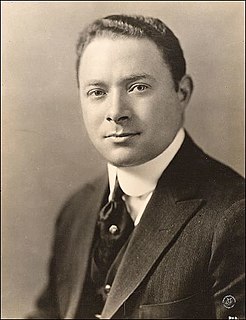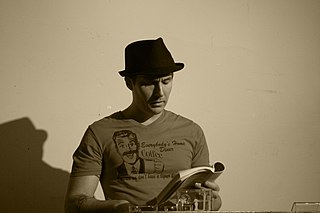A Quote by William Shakespeare
And why not death rather than living torment? To die is to be banish'd from myself; And Silvia is myself: banish'd from her Is self from self: a deadly banishment!
Related Quotes
To die, is to be banish'd from myself; And Silvia is myself: banish'd from her, Is self from self: a deadly banishment! What light is light, if Silvia be not seen? What joy is joy, if Silvia be not by? Unless it be to think that she is by, And feed upon the shadow of perfection. Except I be by Silvia in the night, There is no music in the nightingale; Unless I look on Silvia in the day, There is no day for me to look upon; She is my essence, and I leave to be, If I be not by her fair influence Foster'd, illumin'd, cherish'd, kept alive.
The term "self" seems a suitable one for the unconscious substrate whose actual exponent in consciousness is the ego. The ego stands to the self as the moved to the mover, or as object to subject, because the determining factors that radiate outward from the self surround the ego on all sides and are therefore supraordinate to it. The self, like the unconscious, as an a priori existent out of which the ego evolves. It is, so to speak, an unconscious prefiguration of the ego. It is not I who create myself; rather, I happen to myself.
All my life I have arrived early only to find myself standing self-consciously on a corner, outside a door, in an empty room, but the closer I get to death the earlier I arrive, the longer I am content to wait, perhaps to give myself the false sensation that there is too much time rather than not enough.
All I can tell you with certainty is that I, for one, have no self, and that I am unwilling or unable to perpetrate upon myself the joke of a self. What I have instead is a variety of impersonations I can do, and not only of myself - a troupe of players that I have internalised, a permanent company of actors that I can call upon when a self is required. I am a theater and nothing more than a theater.




































